Stephen Hawking was a British theoretical physicist and cosmologist. Here are some key details and information about his life and contributions:
- Early Life and Education: Stephen William Hawking was born on January 8, 1942, in Oxford, England. He grew up in a family of academics, with his father being a research biologist. Hawking showed an early interest in science and mathematics.
- Education and Academic Career: Hawking studied physics at the University of Oxford and graduated with a first-class honors degree in 1962. He pursued his Ph.D. in cosmology at the University of Cambridge, where he began his groundbreaking work on black holes and the universe’s origins.
- ALS Diagnosis and Physical Challenges: In 1963, at the age of 21, Hawking was diagnosed with amyotrophic lateral sclerosis (ALS), a progressive neurodegenerative disease. Despite the debilitating effects of the disease, which left him largely paralyzed, Hawking continued his scientific work with the aid of a wheelchair and a speech-generating device.
- Hawking Radiation and Black Hole Thermodynamics: Hawking’s most significant scientific contribution is the theoretical prediction of Hawking radiation. In 1974, he proposed that black holes are not completely black but emit particles, now known as Hawking radiation, due to quantum effects near the event horizon. This groundbreaking idea challenged previous assumptions about black holes and has far-reaching implications for our understanding of the universe.
- Books and Popularization of Science: Hawking was a prolific author and sought to make complex scientific concepts accessible to the general public. His most famous book, “A Brief History of Time,” was published in 1988 and became an international bestseller, selling millions of copies worldwide. He continued to write and publish several other popular science books, including “The Universe in a Nutshell” and “The Grand Design.”
- Awards and Recognition: Throughout his career, Hawking received numerous honors and awards for his scientific achievements. He was a fellow of the Royal Society and a member of the U.S. National Academy of Sciences. He received the Albert Einstein Medal, the Copley Medal, and the Fundamental Physics Prize, among many others. In 2009, Hawking was awarded the U.S. Presidential Medal of Freedom, the highest civilian award in the United States.
- Personal Life and Legacy: Hawking married Jane Wilde in 1965, and they had three children together. They divorced in 1995, and Hawking later married Elaine Mason in 1995, but they divorced in 2006. Hawking’s life and scientific work have inspired millions of people around the world, particularly those facing physical challenges. He passed away on March 14, 2018, at the age of 76, leaving behind a profound legacy in the field of physics and cosmology.
Stephen Hawking’s contributions to theoretical physics, his ability to communicate complex ideas to a wide audience, and his perseverance in the face of physical adversity have made him one of the most influential scientists of our time.





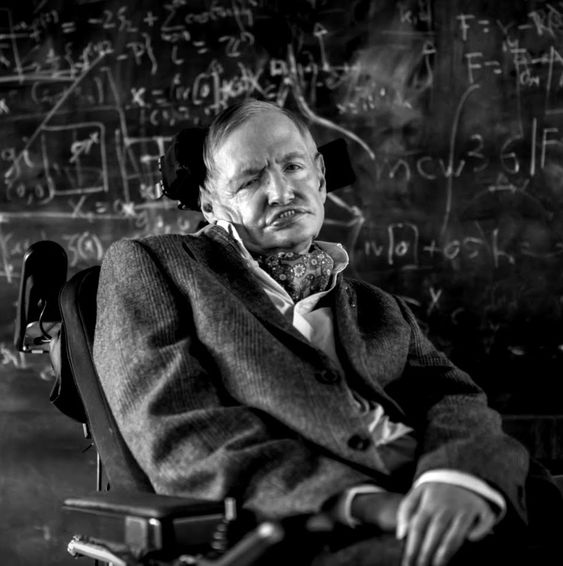
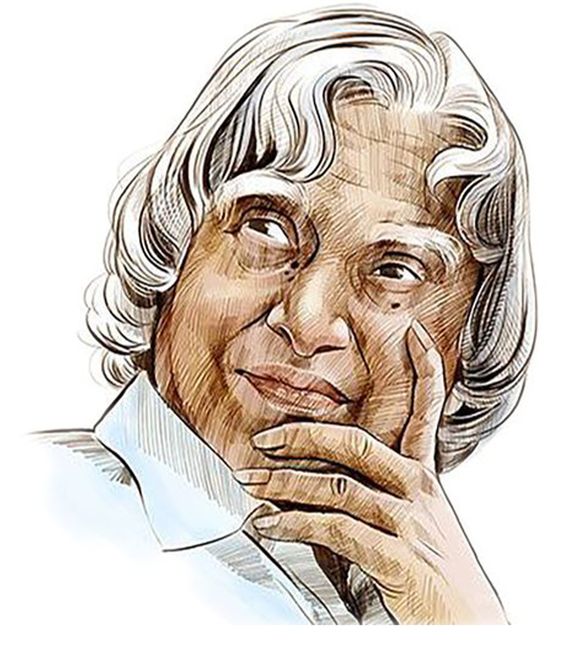
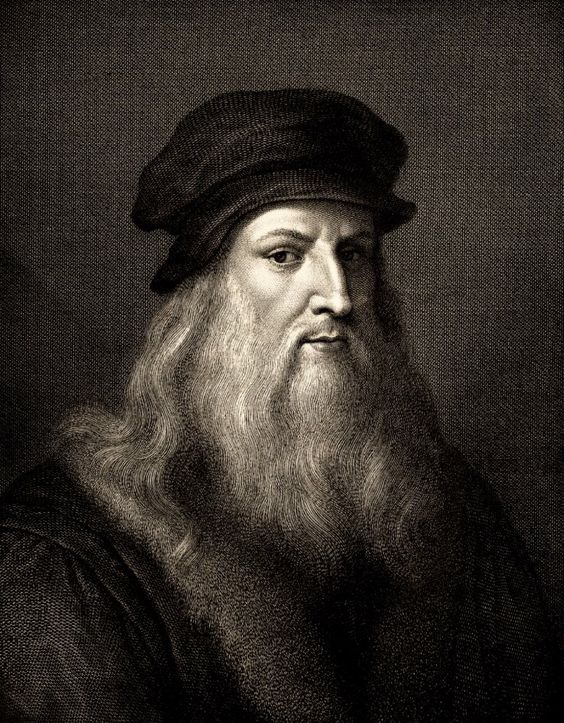
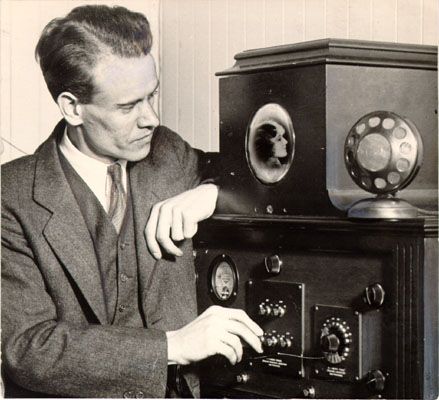
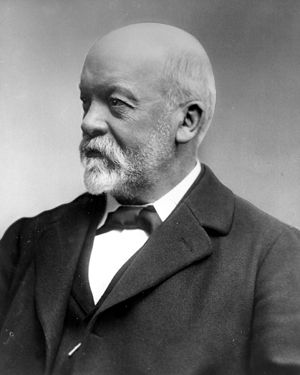
What Stephen don’t know about time travel??